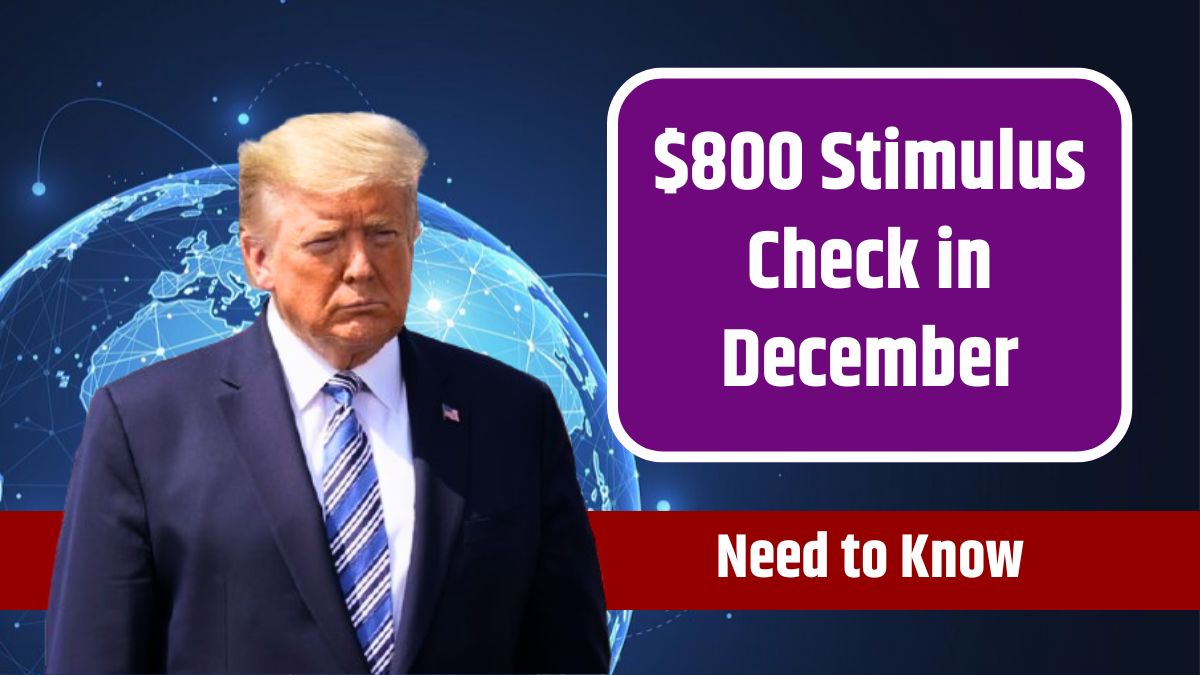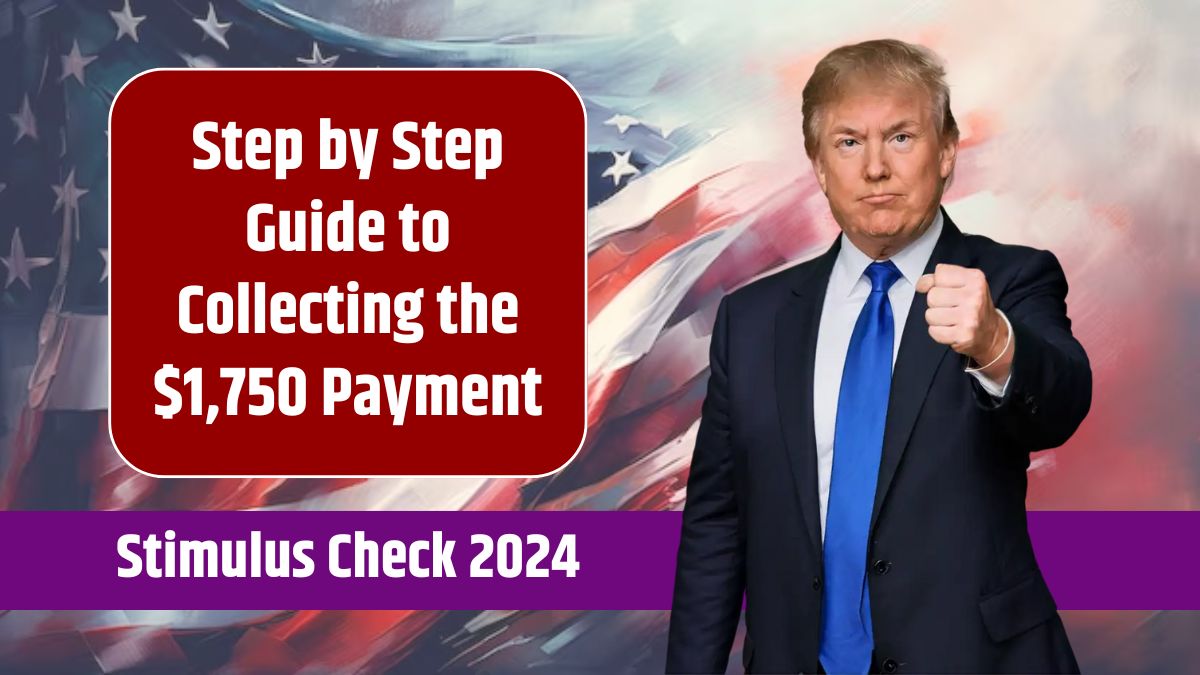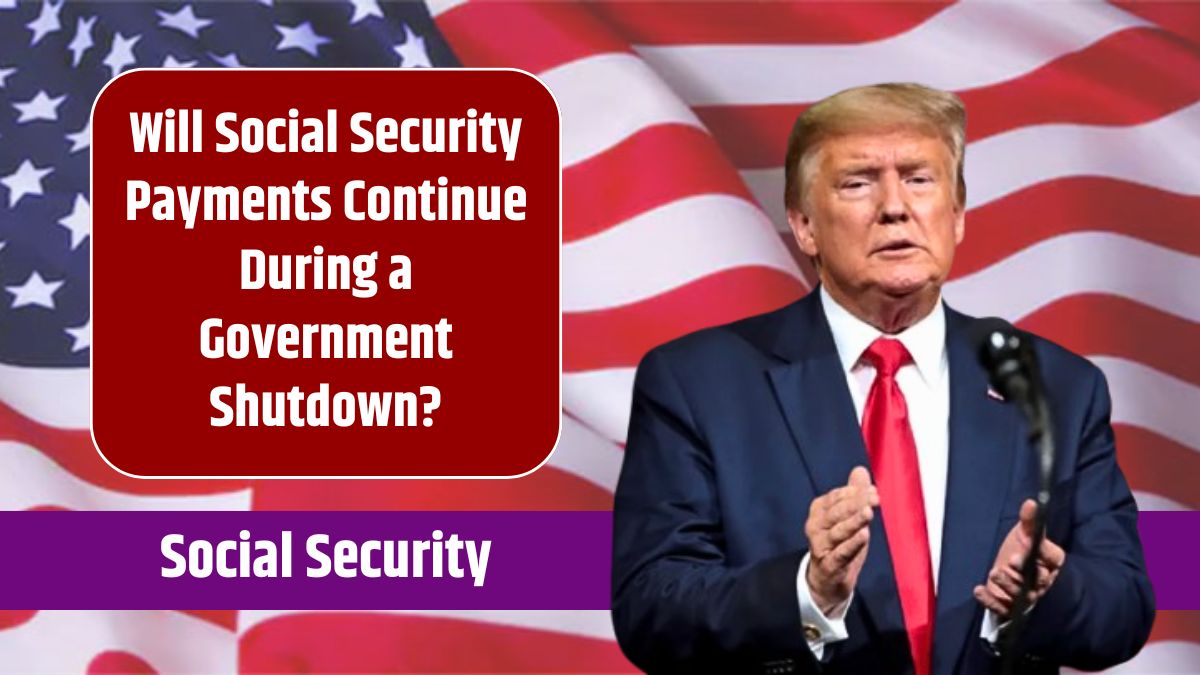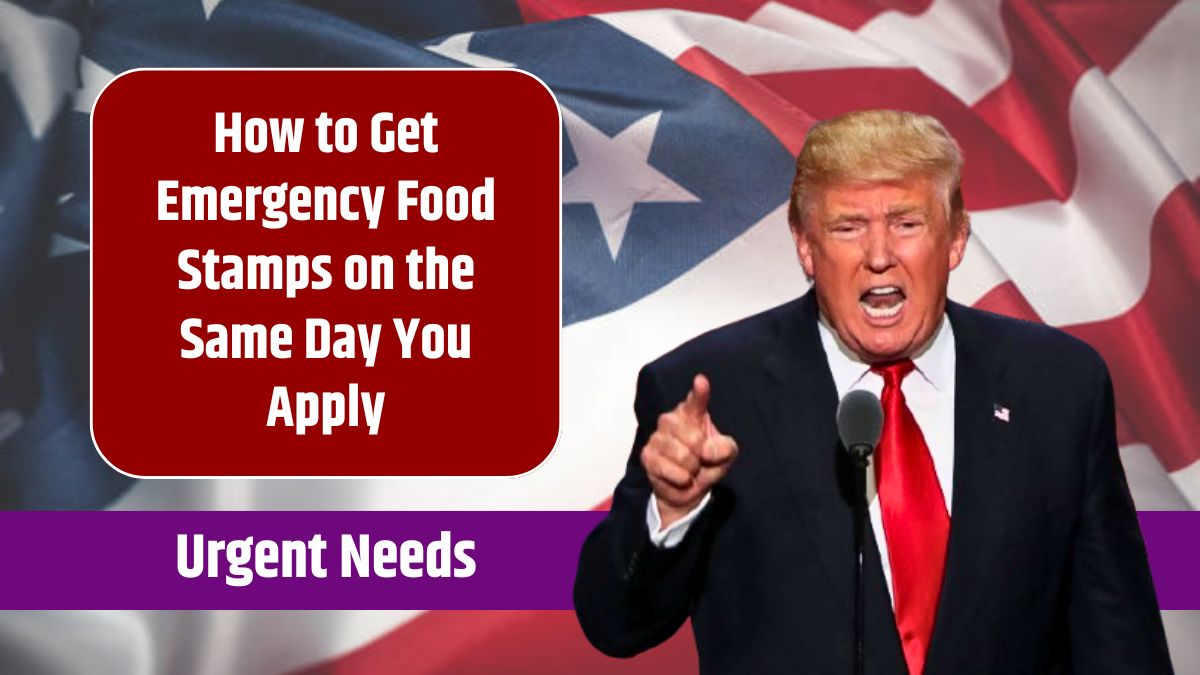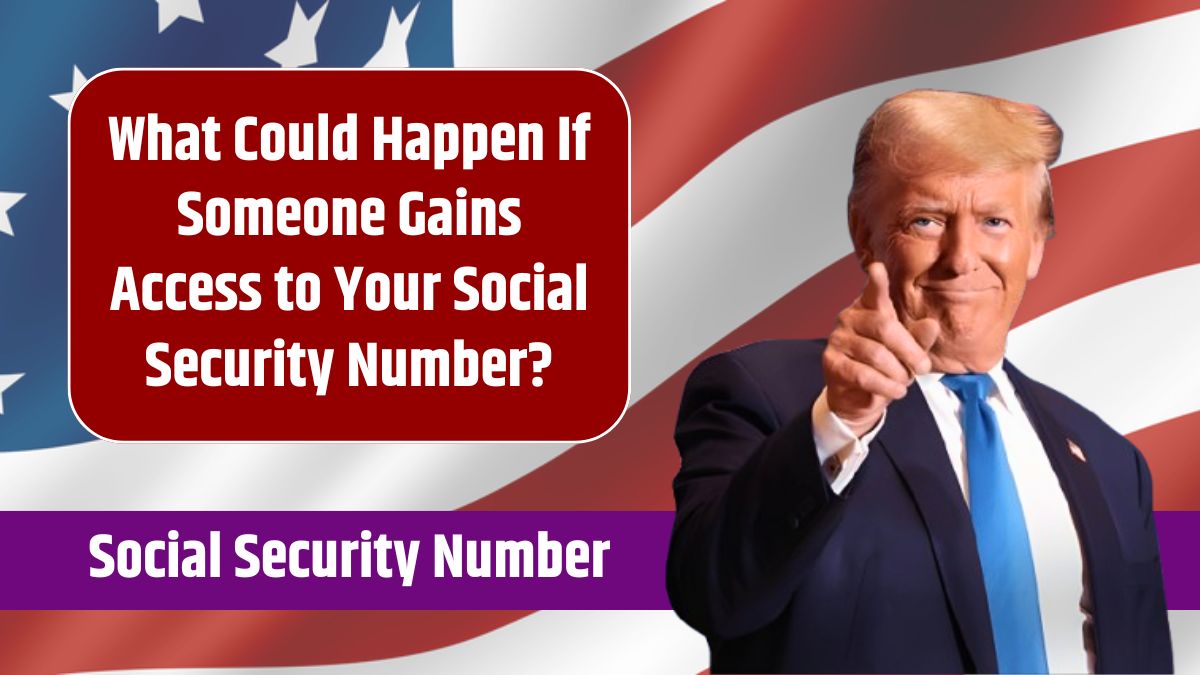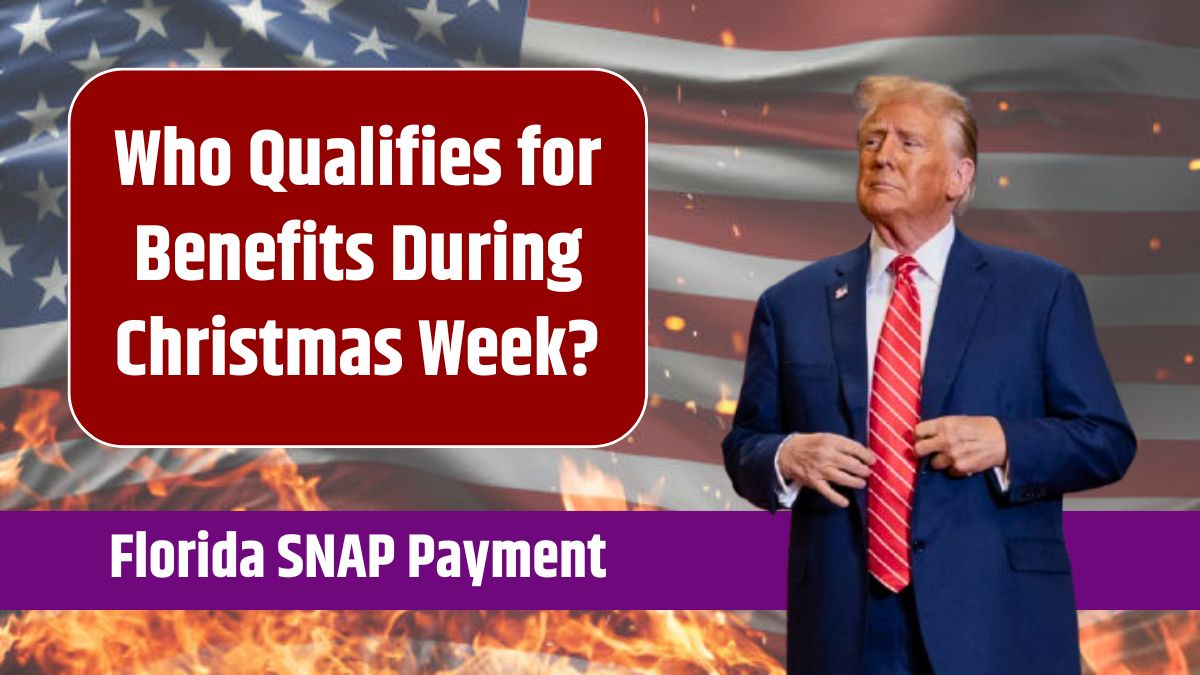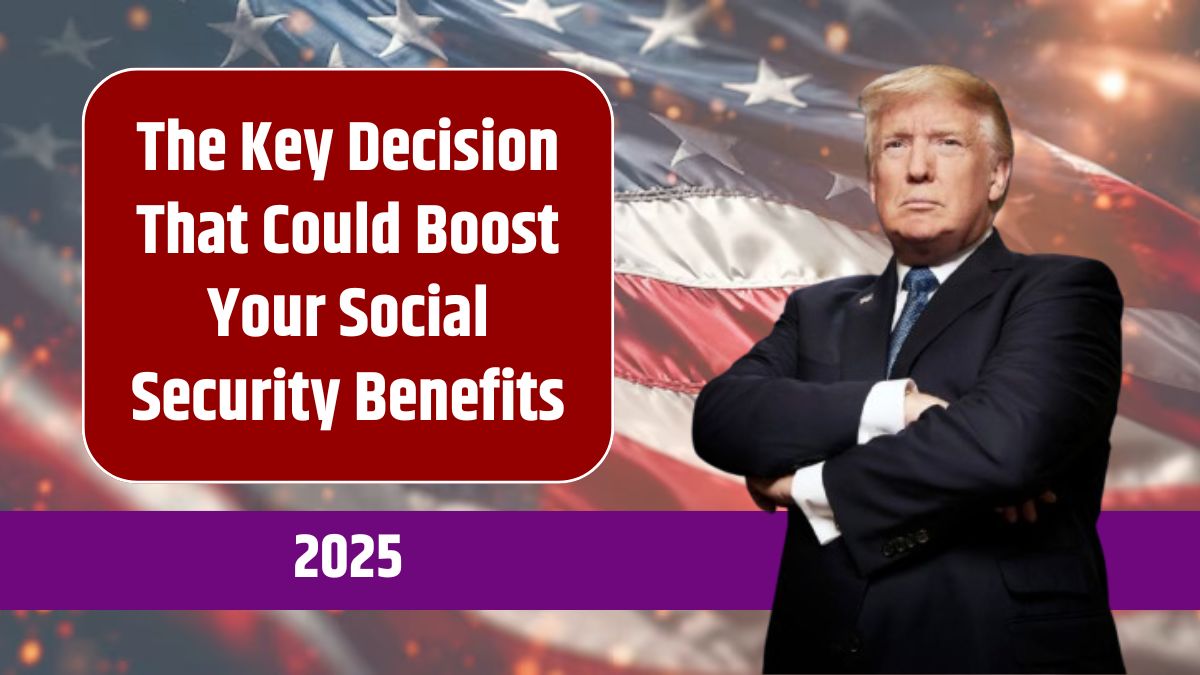Speculation about a potential $800 stimulus check has been circulating on social media and in some news outlets, capturing the attention of individuals looking for financial relief. While the idea has created buzz, it’s vital to examine the facts behind these rumors and what the government has officially communicated.
Federal stimulus payments, issued during the COVID-19 pandemic, were emergency measures to help families and individuals during an economic crisis. Since those programs ended, no fourth federal stimulus check has been approved, and rumors about a new round remain unsubstantiated.
Table of Contents
Eligibility
The rumored $800 stimulus check supposedly targets individuals earning up to $75,000 annually or married couples filing jointly with an income limit of $150,000. Dependents could also be eligible for additional payments, resembling the structure of earlier federal stimulus programs.
However, there’s no official evidence or confirmation of such a program. The Internal Revenue Service (IRS) has not released any statements about it, and federal officials have indicated that another stimulus is unlikely in the near future.
Previous Stimulus
Looking back, three rounds of stimulus payments were distributed during the pandemic:
| Stimulus Round | Amount per Individual | Administration |
|---|---|---|
| First Payment | $1,200 | Trump Administration |
| Second Payment | $600 | Trump Administration |
| Third Payment | $1,400 | Biden Administration |
These payments provided significant relief during a time of record unemployment and economic instability. However, since those distributions, there has been no legislative movement toward a fourth payment.
State Assistance
While federal stimulus checks have ceased, some states have implemented their own relief programs. These initiatives often target specific groups, such as low-income households, essential workers, or families with children.
For example, California has offered tax rebates to residents as part of its state relief efforts. Other states have introduced programs like utility assistance, housing aid, or localized tax credits. However, these programs vary widely by state, and their availability has diminished over time due to budget constraints.
If you’re in need of assistance, it’s worth researching your state’s resources. State government websites or community assistance programs often provide helpful information.
Government Stance
The IRS and federal officials have made it clear: there’s no $800 stimulus check coming from the federal government. President Biden’s administration has focused on broader economic measures like combating inflation and boosting job growth rather than introducing direct payments.
Rumors about a new federal stimulus often originate from unofficial sources and should be viewed with skepticism. To avoid misinformation, always rely on official channels, such as the IRS website or state government portals, for updates.
Financial Relief
If you’re facing economic challenges, consider exploring available local and state-level programs. Assistance options might include housing subsidies, food benefits, or utility support. Verifying any stimulus-related information with credible sources is crucial, as scams and misinformation often arise during uncertain economic times.
Though the idea of an $800 stimulus check has garnered attention, no solid evidence supports these claims. Staying informed and seeking legitimate assistance can help you navigate the current economic landscape effectively.
FAQs
Is there a new $800 stimulus check?
No, there is no official confirmation of an $800 stimulus check.
Who would qualify for the rumored check?
Individuals earning up to $75,000 and couples under $150,000.
Has the IRS announced any new checks?
No, the IRS has denied the existence of such a program.
What can I do if I need financial aid?
Explore state-level programs for housing, food, and utility support.
Are there scams about stimulus checks?
Yes, stay cautious and verify claims with official sources.
